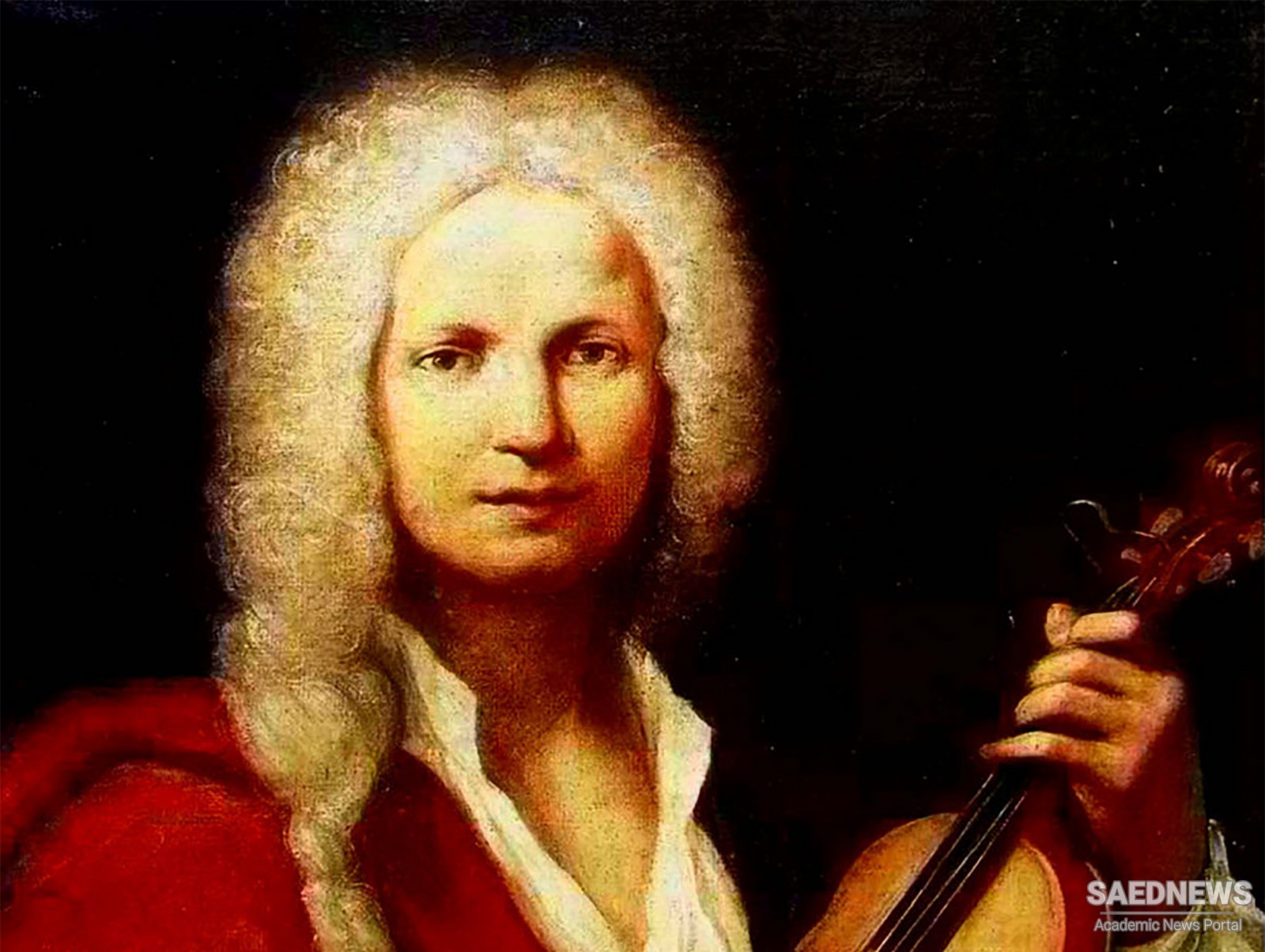Vivaldi’s main teacher was probably his father, Giovanni Battista, who in 1685 was admitted as a violinist to the orchestra of the San Marco Basilica in Venice. Antonio, the eldest child, trained for the priesthood and was ordained in 1703. He made his first known public appearance playing violin alongside his father in the basilica in 1696. He became an excellent violinist, and in 1703 he was appointed violin master at the Ospedale della Pietà, a home for abandoned or orphaned children. The Pietà specialized in the musical training of its female wards, and those with musical aptitude were assigned to its excellent choir and orchestra. Vivaldi had dealings with the Pietà for most of his career: as violin master (1703–09; 1711–15), director of instrumental music (1716–17; 1735–38), and paid external supplier of compositions (1723–29; 1739–40). Vivaldi’s earliest musical compositions date from his first years at the Pietà. Printed collections of his trio sonatas and violin sonatas respectively appeared in 1705 and 1709, and in 1711 his first and most influential set of concerti for violin and string orchestra (Opus 3, L’estro armonico) was published by the Amsterdam music-publishing firm of Estienne Roger. In the years up to 1719, Roger published three more collections of his concerti (opuses 4, 6, and 7) and one collection of sonatas (Opus 5). Vivaldi made his debut as a composer of sacred vocal music in 1713, when the Pietà’s choirmaster left his post and the institution had to turn to Vivaldi and other composers for new compositions. He achieved great success with his sacred vocal music, for which he later received commissions from other institutions. Another new field of endeavour for him opened in 1713 when his first opera, Ottone in villa, was produced in Vicenza. Returning to Venice, Vivaldi immediately plunged into operatic activity in the twin roles of composer and impresario. From 1718 to 1720 he worked in Mantua as director of secular music for that city’s governor, Prince Philip of Hesse-Darmstadt. This was the only full-time post Vivaldi ever held; he seems to have preferred life as a freelance composer for the flexibility and entrepreneurial opportunities it offered. Vivaldi’s major compositions in Mantua were operas, though he also composed cantatas and instrumental works. The 1720s were the zenith of Vivaldi’s career. Based once more in Venice, but frequently traveling elsewhere, he supplied instrumental music to patrons and customers throughout Europe. Between 1725 and 1729 he published five new collections of concerti (opuses 8–12). After 1729 Vivaldi stopped publishing his works, finding it more profitable to sell them in manuscript to individual purchasers. In the 1730s Vivaldi’s career gradually declined. The French traveler Charles de Brosses reported in 1739 with regret that his music was no longer fashionable. Vivaldi’s impresarial forays became increasingly marked by failure. In 1740 he traveled to Vienna, but he fell ill and did not live to attend the production there of his opera L’oracolo in Messenia in 1742. The simplicity of his funeral on July 28, 1741, suggests that he died in considerable poverty.


 Josquin des Prez the Master of Notes
Josquin des Prez the Master of Notes














































